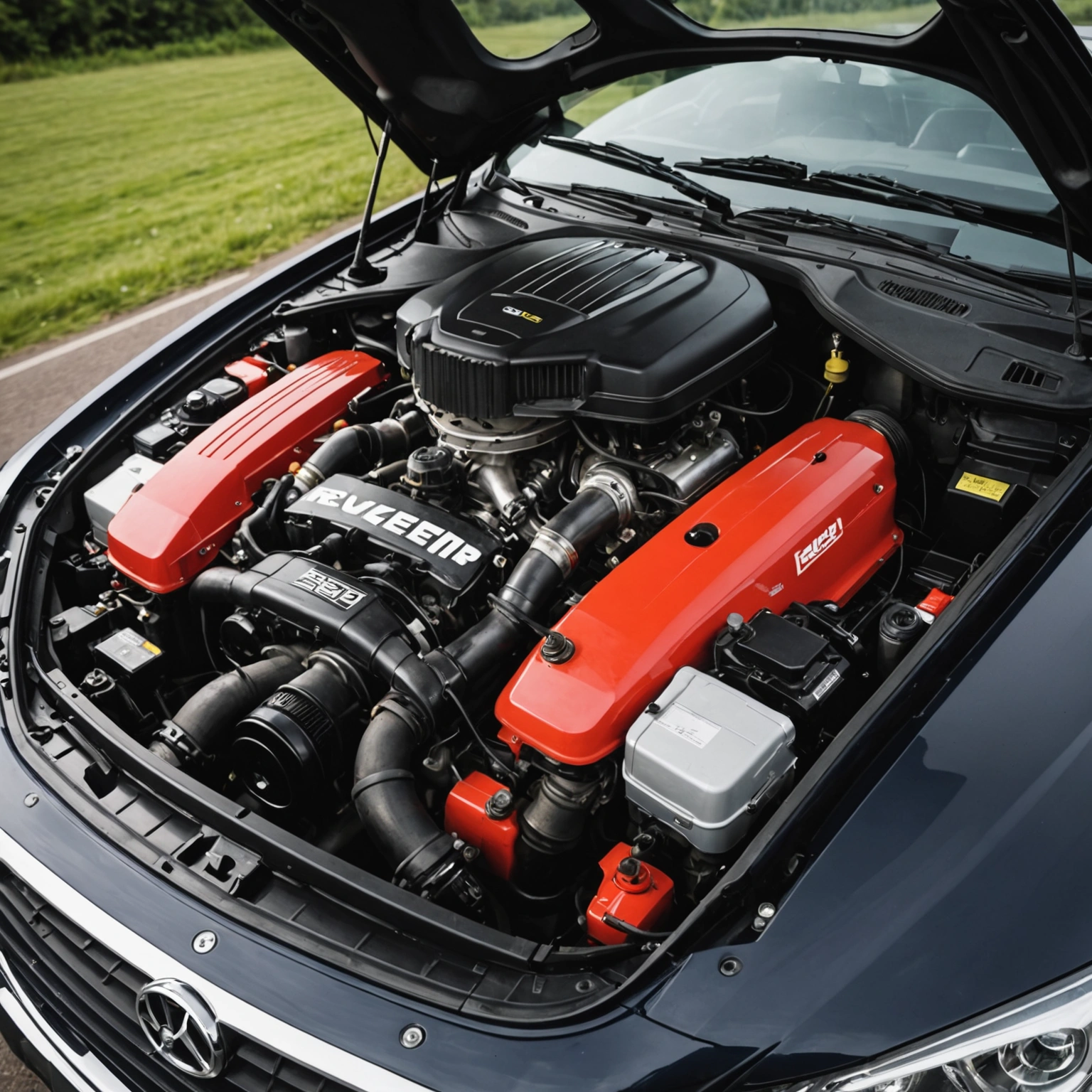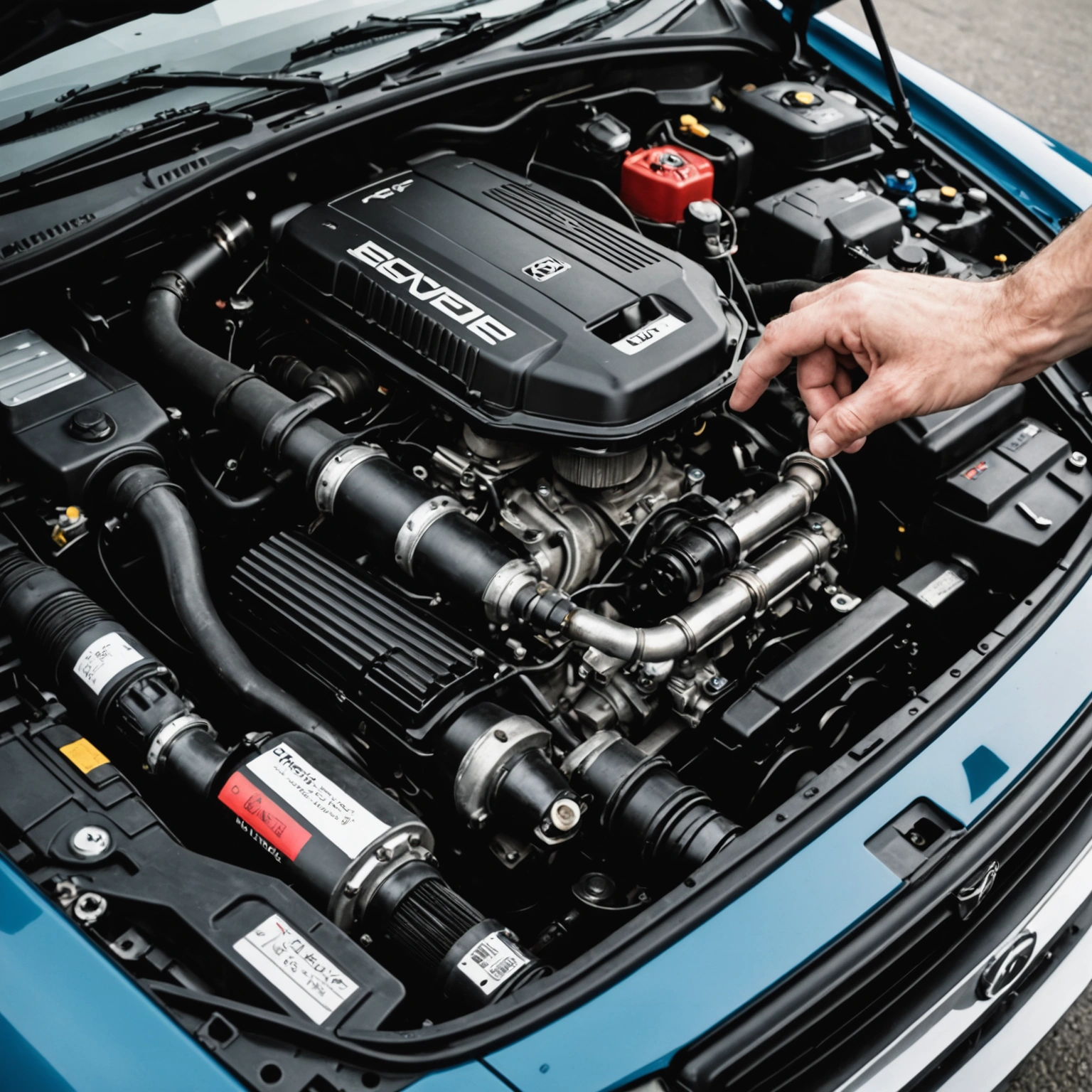**Why Is My Car Revving High on Its Own? Understanding the Causes and Solutions**
If you notice your car’s engine revving higher than usual without you pressing the accelerator, it can be concerning. This phenomenon, often called “high revving” or “hunting,” can indicate various underlying issues. Understanding the common causes can help you diagnose the problem early and take appropriate action to keep your vehicle running smoothly.

### Common Causes of Unintentional High Revving
1. **Vacuum Leaks**

– **What it is:** A vacuum leak occurs when unmetered air enters the engine, disrupting the air-fuel mixture.
– **Impact:** The engine’s computer compensates by increasing the throttle, leading to higher RPMs.

– **Signs:** Rough idling, high revs, and sometimes a hissing sound under the hood.
– **Solution:** Inspect hoses and intake manifold gaskets for leaks and replace any damaged components.

2. **Idle Air Control (IAC) Valve Issues**
– **What it is:** The IAC valve regulates engine idle speed by controlling airflow when the throttle is closed.
– **Impact:** A malfunctioning IAC can cause erratic or high idle speeds.
– **Signs:** Fluctuating RPMs, high idle, or stalling.
– **Solution:** Cleaning or replacing the IAC valve often resolves the issue.
3. **Throttle Body Problems**
– **What it is:** The throttle body controls airflow into the engine.
– **Impact:** Dirt, carbon buildup, or mechanical faults can cause the throttle to stick open or malfunction.
– **Signs:** High revs, rough acceleration, or delayed throttle response.
– **Solution:** Cleaning the throttle body or replacing faulty parts.
4. **Dirty or Faulty Mass Air Flow (MAF) Sensor**
– **What it is:** The MAF sensor measures incoming air to adjust fuel delivery.
– **Impact:** A dirty or failing sensor can send incorrect data, causing the engine to rev higher.
– **Signs:** Poor fuel economy, rough idling, or high RPMs.
– **Solution:** Cleaning or replacing the MAF sensor can restore proper function.
5. **Faulty Engine Control Module (ECM) or Sensors**
– **What it is:** The ECM relies on various sensors to regulate engine operation.
– **Impact:** Malfunctions or faulty readings can lead to incorrect adjustments, causing high revs.
– **Signs:** Check engine light, inconsistent engine behavior.
– **Solution:** Diagnosing with a scanner and repairing or replacing faulty sensors or the ECM.
6. **Cruise Control Malfunctions**
– **What it is:** If your vehicle’s cruise control system is faulty, it may cause unintended acceleration or high revs.
– **Signs:** Revs increase without input, especially when cruise control is engaged.
– **Solution:** Inspect and repair the cruise control system.
### When to Seek Professional Help
While some issues like cleaning sensors or inspecting hoses can be DIY, persistent or severe high revving should be diagnosed by a professional mechanic. Ignoring the problem can lead to increased fuel consumption, engine damage, or safety concerns.
### Preventative Tips
– Regularly service your vehicle, including cleaning sensors and checking hoses.
– Address check engine lights promptly.
– Keep the throttle body and air intake system clean.
– Use quality fuel and oil to ensure smooth engine operation.
### Final Thoughts
High engine revving on its own can stem from various mechanical or electronic issues. By understanding these common causes, you can better communicate with your mechanic and ensure your vehicle remains reliable and safe. If your car is experiencing this problem, don’t delay in getting it inspected to prevent further damage and enjoy a smooth driving experience.
—
**Have you experienced high revving issues with your car? Share your experiences or questions below!**

